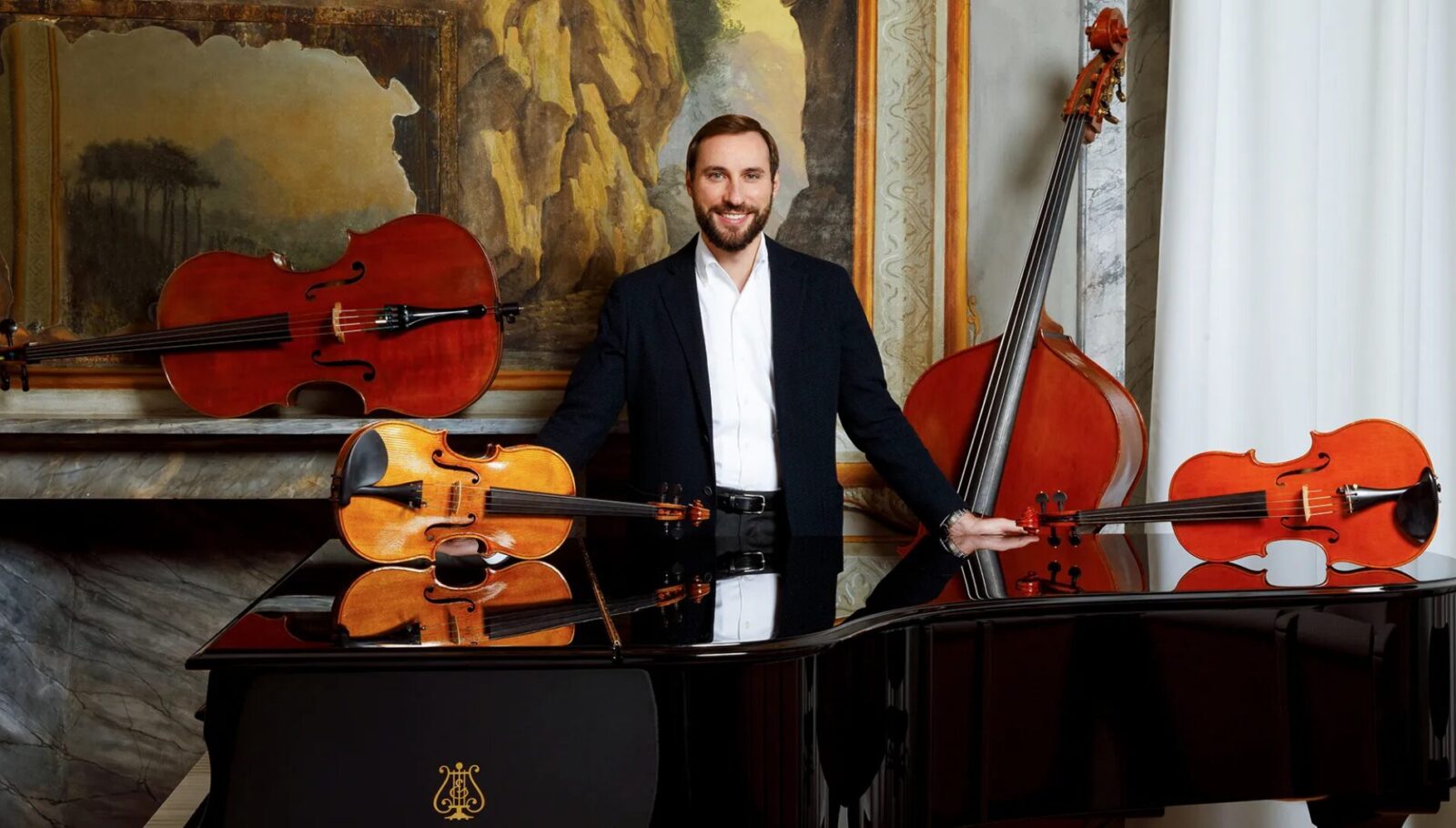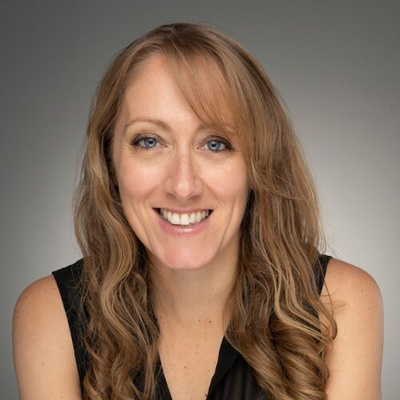Dr. Paolo Petrocelli on Building Dubai into a Global Arts Capital

When Dr. Paolo Petrocelli talks about art, he isn’t just describing performances—he’s describing a movement. As Head of Dubai Opera, one of the Middle East’s most dynamic cultural institutions, he’s leading a city that’s redefining what a global arts capital can look like. Under his direction, Dubai Opera has become a stage where over 200 nationalities meet, where opera and Arabic music share the same program, and where culture becomes a language of unity rather than difference.
In this conversation, Dr. Paolo shares what it means to build a world-class institution in a city still writing its cultural story. From collaborating with Coldplay to championing EMMA for Peace and teaching at Yale and the Sorbonne, he reflects on leadership, authenticity, and the future of live performance in a digital age. His insights reveal how art can be both a soft-power force and a deeply human one—one that connects, heals, and elevates.
This is just a preview of our conversation with Dr. Paolo Petrocelli. The full episode airs next week—stay tuned.
What is your vision for Dubai Opera’s role in the region’s cultural landscape?
Dr. Paolo Petrocelli:
Dubai Opera stands as the main performing arts center in the Gulf region, and one of the most significant in the Arab world. Since opening in 2016, we’ve welcomed over 1.5 million spectators, presenting everything from opera, ballet, and musicals to Arabic music and symphonic concerts. My vision is for Dubai Opera to be a hub where artistic excellence meets innovation—a place that both celebrates tradition and redefines how performing arts are experienced in the modern world.
As we approach our 10th anniversary, we’re not just curating shows; we’re shaping cultural dialogue in a city where over 200 nationalities coexist. Dubai’s diversity gives us the opportunity to program globally while reflecting local and regional artistry, bringing together audiences through a shared appreciation of creativity.
How do you curate programming for such a diverse and international audience?
Dr. Paolo Petrocelli:
Dubai is one of the most cosmopolitan cities on Earth, so our programming must resonate with a community that speaks hundreds of cultural languages. My team and I design each season as a “360-degree journey” through the arts—balancing global excellence with local expression. We ask: What stories represent this audience? and How do we connect tradition and innovation?
Our audience is remarkably young—over 40% are under 45—and they’re curious, adventurous, and eager to experience new genres. Musicals and Arabic concerts are our biggest draws, but we’re seeing rising interest in ballet and opera. Last year, we hit record ticket sales with over 250,000 spectators. Productions like Phantom of the Opera and Singing in the Rain were major successes, alongside symphonic and dance performances that drew diverse crowds.
Our venue’s modular design also allows us to transform from a 2,000-seat theatre to a flat-floor concert hall or gala space within hours, keeping programming flexible and accessible to every kind of performance.
What have you learned from leading international teams and working across cultures?
Dr. Paolo Petrocelli:
As a classical violinist turned cultural leader, I’ve worked with artists and institutions across Europe, Africa, Asia, and the U.S. That experience taught me that leadership in the arts isn’t just about operations—it’s about shared values and emotional intelligence.
At Dubai Opera, our team includes people from 20 to 30 nationalities, each with different traditions of what “working in theatre” means. Communication, empathy, and a sense of mission are key. My role is to create an environment where everyone understands the “why” behind what we do.
Visiting companies are often surprised by the technical sophistication here. Our crew works at a world-class level—switching weekly between musicals, ballets, and Arabic concerts—so they’ve developed a rare flexibility and professionalism. But beyond skill, what stands out is the hospitality and collaborative spirit that define Dubai Opera.
We aim to make every visiting artist feel welcomed and supported, because the theatre itself is a space of cultural exchange—what I like to call a “temple of dialogue.”
You’re also a professor, advisor to Coldplay, and founder of EMMA for Peace. How do these roles connect to your mission?
Dr. Paolo Petrocelli:
Teaching at institutions like Yale, MIT, and the Sorbonne allows me to share real-world leadership insights while staying connected to new generations. I see education as a two-way exchange—I learn as much from students’ perspectives on culture as they do from my experiences in international arts management.
My advisory work with Coldplay was an unexpected but deeply meaningful chapter. The band was developing an album inspired by the Middle East and wanted to ensure it reflected authentic cultural context. I helped them navigate institutional and diplomatic relations to align their artistic message with social impact. Coldplay is one of the few global acts consistently bridging art with humanitarian purpose—and that’s something I strongly believe in.
That same belief drove me to found EMMA for Peace (Euro-Mediterranean Music Academy). It’s a non-profit that uses music diplomacy to promote peace and understanding through the arts. More than a decade later, it continues to foster collaborations between artists, NGOs, and institutions—proving that cultural dialogue can be a bridge where politics often fail.
What are your thoughts on the future of the arts—particularly in the digital and AI era?
Dr. Paolo Petrocelli:
We’re in an exciting yet uncertain time. Digital media, and now AI, are transforming how we communicate about culture. But I worry about losing authenticity in the flood of content. When everyone becomes a “publisher,” the challenge is not to add more noise but to share something meaningful, human, and real.
As arts leaders, our role is to use digital tools responsibly—to tell stories that connect rather than distract. AI can enhance our work, but it must never replace human creativity or sincerity. People won’t buy tickets because of an algorithm; they’ll come because of genuine emotion, powerful ideas, and a sense of belonging.
At the same time, live performance has never been more vital. In an increasingly digital world, theatres become sanctuaries of human connection. When I sit in the Dubai Opera and watch 2,000 people laugh, cry, and breathe together, I’m reminded why this work matters—it unites us through shared emotion.
Featured Image: Courtesy of www.paolopetrocelli.com
Editor's Note: At StageLync, an international platform for the performing arts, we celebrate the diversity of our writers' backgrounds. We recognize and support their choice to use either American or British English in their articles, respecting their individual preferences and origins. This policy allows us to embrace a wide range of linguistic expressions, enriching our content and reflecting the global nature of our community.
🎧 Join us on the StageLync Podcast for inspiring stories from the world of performing arts! Tune in to hear from the creative minds who bring magic to life, both onstage and behind the scenes. 🎙️ 👉 Listen now!
